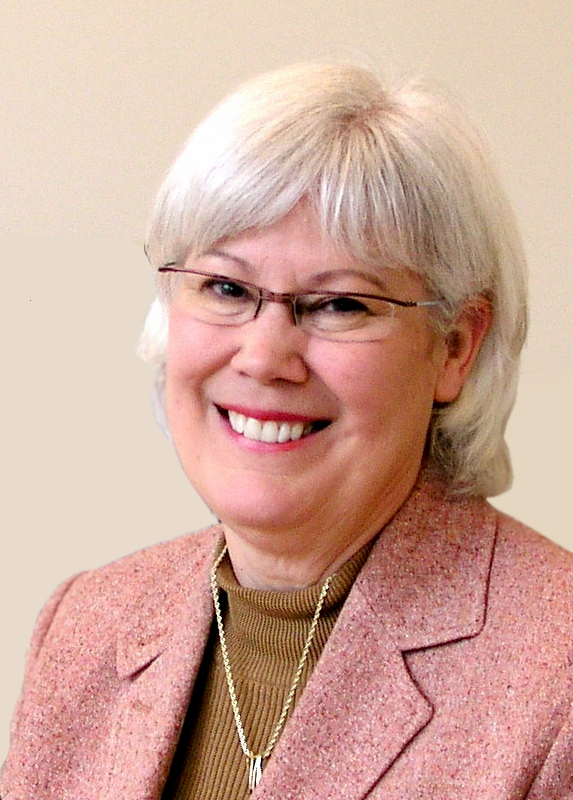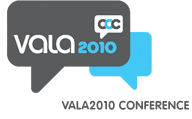 The emergent library: new lands, new eyes
The emergent library: new lands, new eyes
VALA 2010 PLENARY 1: Karen Calhoun
Tuesday 9 February 2010, 09:05 – 10:15
Persistent URL: http://www.vala.org.au/vala2010-proceedings/vala2010-plenary-1-calhoun
Karen Calhoun
![]() Vice President, OCLC WorldCat and Metadata Services, USA
Vice President, OCLC WorldCat and Metadata Services, USA
http://www.oclc.org
Please tag your comments, tweets, and blog posts about this plenary presentation: #VALA2010
- VALA2010 Plenary 1 Calhoun Presentation 3.94 MB
Abstract
Marcel Proust wrote “The real act of discovery is not in finding new lands, but in seeing with new eyes.” This presentation explores how this quote–with its emphasis on looking creatively at what we already have–applies to libraries and librarians today. Over the last two decades libraries joined thousands of other organizations in a massive rush to claim “new lands” in cyberspace. Yet at the end of the first decade of the new century, libraries may have cyber turf but insufficient cyber attention. Many end users persistently see libraries through the last century’s eyes—to them, libraries are mainly about books and buildings. Before students, scholars and citizens can see libraries differently, we ourselves need to see with new eyes. In support of the many conference presentations that follow her address, Ms. Calhoun will introduce the notion of the “emergent library”–attracting more attention for library analog, licensed, and digital collections ; moving to cloud-based services; effectively deploying physical and virtual space; and playing a stronger role in the support of scholarly communications, especially through repositories.

 The VALA2010 15th Biennial Conference and Exhibition was held at the Melbourne Convention and Exhibition Centre, Melbourne, Australia from 9 – 11 February 2010. The theme for this conference was Connections.Content.Conversations.
The VALA2010 15th Biennial Conference and Exhibition was held at the Melbourne Convention and Exhibition Centre, Melbourne, Australia from 9 – 11 February 2010. The theme for this conference was Connections.Content.Conversations.
 The emergent library: new lands, new eyes
The emergent library: new lands, new eyes